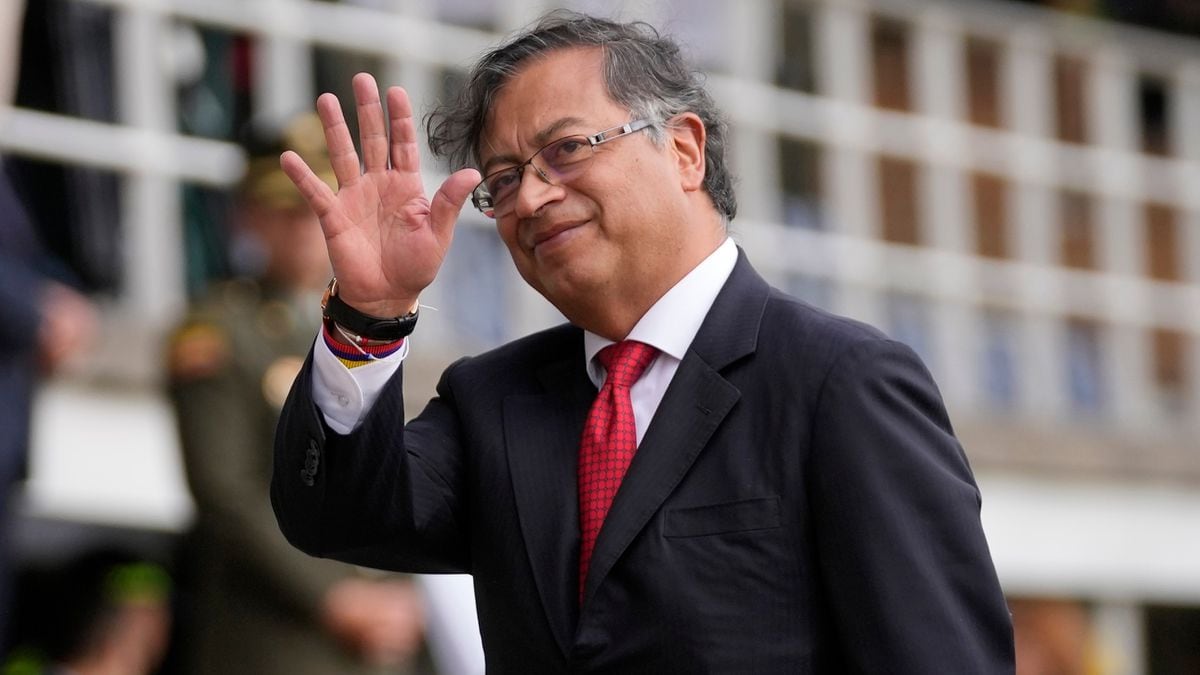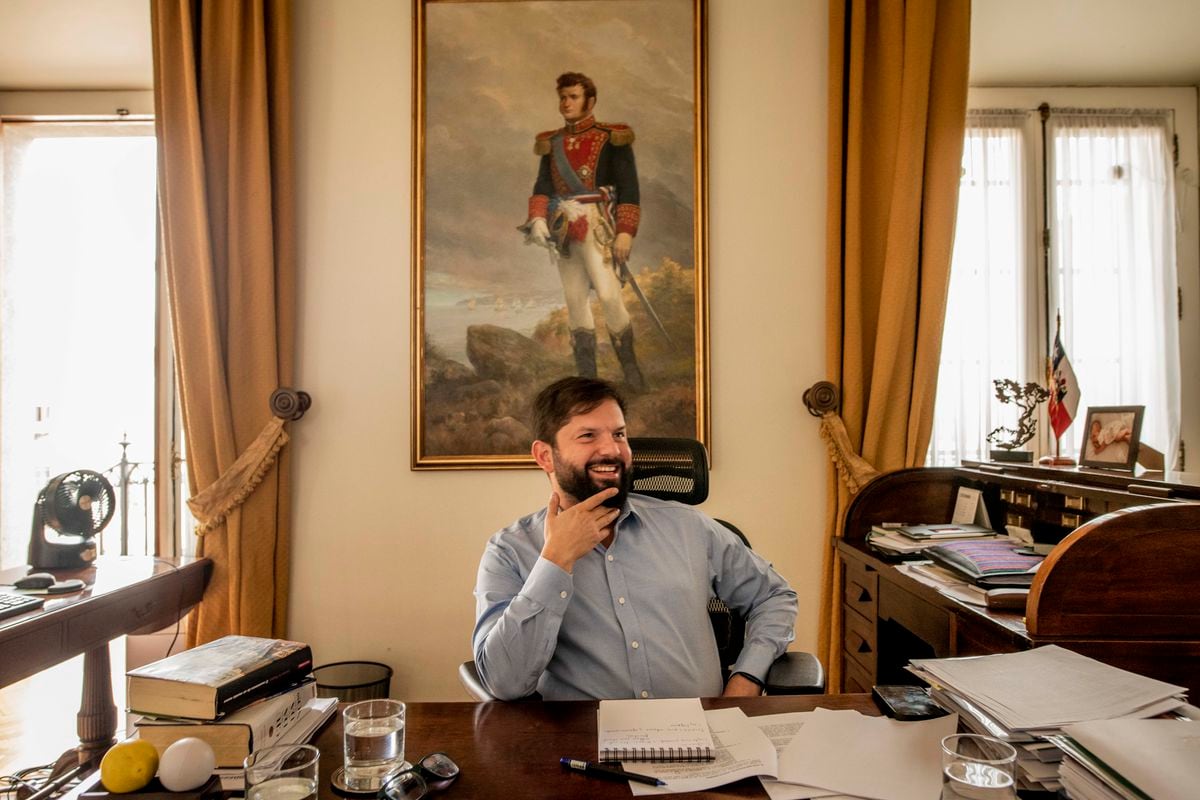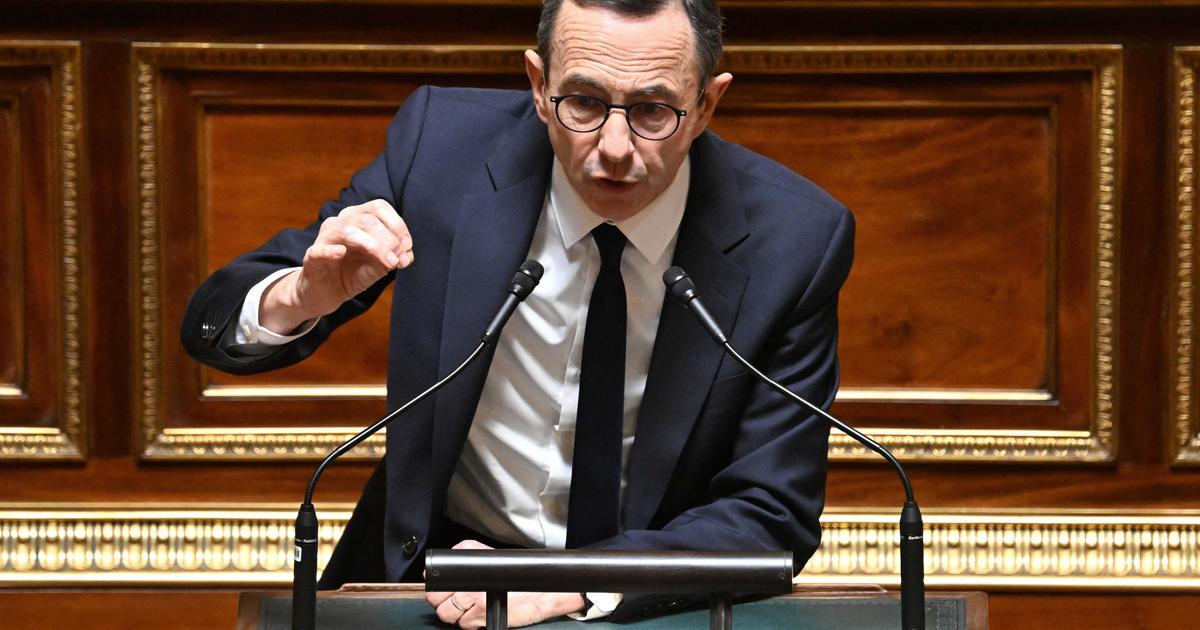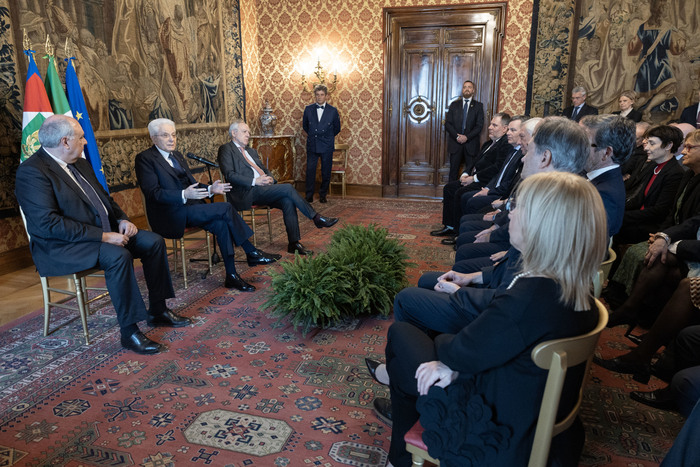The president of Chile, Gabriel Boric, signs the decree that calls for the plebiscite on the new Constitution on September 4. Alberto Valdés (EFE)
There was nothing left in Chile of what was once the center-left Concertación, which ruled between 1990 and 2010, after the dictatorship of Augusto Pinochet.
The alliance, whose backbone was the Christian Democracy and the Socialist Party, was dying little by little and ended up dying in the left-wing government of Gabriel Boric, when the socialists entered the Cabinet made up of Boric's original coalition - the Front Broad and the Communist Party – unlike its Christian Democrat partners.
But the Chilean constituent process has revealed, once again, the crisis in which the moderate sectors of progressivism find themselves, divided against the two alternatives that will be measured on September 4 in the plebiscite: if the text that introduced the constitutional convention in early July,
The socialist Ricardo Lagos, who presided over Chile between 2000 and 2006, shook the Chilean political scene when he assured last week that neither the proposed text nor the current Constitution generate consensus, so the constitutional process must continue after the referendum.
He did not advance his preference, but even opened up to the possibility of the white vote, in a later interview.
His statement was followed by Eduardo Frei Ruiz-Tagle, the Christian Democrat president between 1994 and 2000, who announced that he will reject the new text despite the fact that his party, the Christian Democracy, institutionally decided to support it.
Both had voted for a new Constitution in the October 2020 entry plebiscite, like almost 80% of the citizenry.
Frei, two senators and a conventional Christian Democrat were denounced before the supreme court of the party for not obeying the orders.
And of the former presidents of the sector, the only one who has expressed her intention to approve the text has been the socialist Michelle Bachelet -Patricio Aylwin, the first president after the dictatorship, died in 2016-, although the doctor clarified that she had not yet read the proposal.
Bachelet ends her mandate at the UN High Commissioner for Human Rights at the end of August and it is not yet known if she will immediately arrive in Chile to vote, as the ruling party hopes, betting on her influence.
On the right, meanwhile, Sebastián Piñera (2010-2014 and 2018-2022) has not publicly reported his option to reject the proposal,
After the Lagos declaration, 49 of those who were ministers in the first 20 years of democratic governments after the dictatorship signed a letter in which they expressed their support for the option of approving the proposal for a new Constitution, as not only the Christian Democracy has done but the Socialist Party, at least in its officialdom.
In this debate of ideas, which polarizes Chilean society, some arguments have stood out over others when it comes to justifying the reasons for not approving the text.
For Lagos, whether Approval or Rejection wins
–
in
which
case the current Constitution would remain in force – a series of reforms must be carried out from the next day.
And in his statement he listed several points about the inconveniences that he observes in the proposal that was worked on for a year, between July 4, 2021 and last July 4, by 154 conventional.
According to the socialist, who in this episode has shown his influence on Chilean politics, "the name of the Judicial Power equivalent to the other two Legislative and Executive powers should be returned to its issues of administration of Justice", referring to the fact that the new Constitution proposes the elimination of this state power.
For Lagos, additionally, "the composition and powers of the Justice Council should be changed", which would have the mission of appointing, evaluating and removing judges, if the text is approved.
For several experts, such as the one who was Bachelet's Minister of Justice, Isidro Solís, this advice could lead to the politicization of the Chilean judiciary in the medium and long term.
Lagos is also not in favor of the parliamentary initiative in the presidential concurrence laws proposed by the constitutional convention, which would allow parliamentarians to have a greater influence on matters that the head of state now has in his hands, such as the budget, spending or social security.
If he wins the option of those who approve the text of 388 articles, the socialist would be for reforming the proposed political system, regulating the parties and laying the foundations of the electoral system and, additionally, for pushing for a thorough review of the role of the President of the Republic and the so-called asymmetric bicameralism, which would end the Senate and its more than 200 years of history.
In his letter last week, he assured that it would be necessary to correct the design of the Regional State,
Frei recognized "insurmountable differences" on various contents of the proposal.
For the Christian Democrat, the political system does not establish an adequate balance and division of powers, creates an omnipotent Chamber of Deputies and is exposed to an occasional majority controlling the Presidency and the Political Chamber, with which there is a risk that can advance towards a dictatorial regime of those that are being frequent in the world”.
Like Lagos, Frei is critical of weakening the power of the presidents of the Republic.
The engineer, son of the man who governed Chile between 1964 and 1970, rejected the Council of Justice due to its risk of politicization, the way in which regionalization materialized in the proposal and the plurinational State.
According to his letter released last Friday,
plurinationality as defined in the text of the new Constitution “can be a threat to the unitary State and to the equal rights of the country's inhabitants”.
"The power that is given to the original peoples to veto administrative or legislative initiatives constitutes a privilege that the rest of the citizenry does not have," added former President Frei.
While in the Christian Democracy there are historical militants who detach themselves from the official guidelines, something similar occurs in the Socialist Party, where prominent technical cadres have announced that they will reject the proposal.
The economist Óscar Landerretche is one of them, who chaired the board of the state company Codelco.
“I am aware that, if the text is rejected, it will be a political defeat for a part of the left that has decided to join militantly (and in my opinion somewhat unthinkingly) in the cause of
blind approval
under that absurd and irresponsible mantra that anything is preferable to the current Constitution.
I do not agree.
Nor do I agree that the current Constitution is the same as the one established during the dictatorship”, Landerretche wrote in reference to the current Fundamental Charter, which has undergone dozens of modifications both at the end of the dictatorship and in democracy and that, in fact, , bears the signature of Lagos for the changes that he carried out in his Government, in 2005.
Today, one of the main political debates in Chile points to the reforms after the plebiscite and how it will be easier to make subsequent modifications, if the
Approval
wins , which would govern the new Constitution, or if the
Rejection wins,
which would imply maintaining the current Fundamental Charter.
According to the polls, those who reject it outnumber those who approve the text: 55.7% against 44.3% in the likely voter segment, according to the Pulse Citizen poll released last Sunday.















